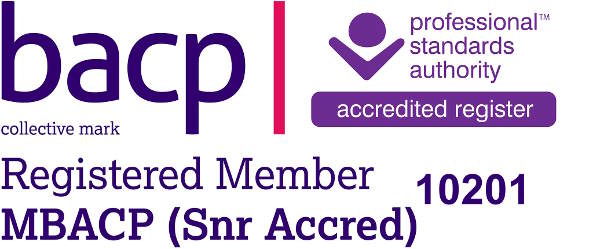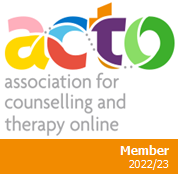Workplace Stress & Workplace Wellbeing
Workplace wellbeing and resilience are terms we hear a lot of nowadays. We have a complex relationship with work. Most of us don’t get to choose who we work with. Work can provide us with a predictable structure, sense of function, salary and financial safety, connection with colleagues and a sense of autonomy along with a predictable routine. This can be really good for our feelings of safety and connection so are also good for our calming our nervous systems and fulfilling three primary needs we have – achievement, connectivity and enjoyment, which can help our mood improve.
Though we try to leave work at work, with many people working from home during and post Covid 19 pandemic, our boundaries have become even more porous, and what happens in work affects our home self, just as what happens at home affects our work self. We can feel failure feelings and trying to be “more resilient” might not be the answer to feeling okay. Sometimes we feel powerless to the system. Often therapy acknowledges the feelings and responses you have had and helps you pace and use self-compassion to work out what will help best.
Work life balance is the titration of the time and value we place on things both inside and outside work. It identifies the importance of having time to relax, exercise, time with friends/family, time to self. Work life balance encourages self-care and demands a change if stress is too heavy and too long lasting.
The Five Ways to Wellbeing are:
- Connect.
- Be active.
- Take notice.
- Keep learning.
- Give.
The six main areas by the health and safety executive that can lead to work-related stress if they are not managed properly are: demands, control, support, relationships, role and change. https://www.hse.gov.uk/stress/risk-assessment.htm
Work pressures like workplace changes, workload pressure, problems with colleagues or managers, expectations vs ability to deliver etc, will produce a normal stress response and prolonged and resolving stress can lead to anxiety or depression symptoms as a reaction or response to ongoing stress.
We tend to absorb the stress and change until we simply cannot absorb anymore. This is when we begin not to function well at work - problem solving concentration and focus becomes difficult. We avoid , withdraw and maybe spend longer trying to get things done so work after hours or over break times. Things seem overwhelming. Sleep becomes problematic. Anxiety and fear grow. Muscles stay tight and don't get to relax. Stress exhausts us, there is so much going on inside trying to cope and juggle and because our stress or anxiety response is activated our bodies are flooded with stress hormones and in a high activated state. We may feel more on edge or reactive or tearful and don't want to go to work, culminating in a detaching as a way or trying to take care of self. This can affect our concentration and performance in work and so can further grow the stress.
Work stress damages health, performance and relationships inside and outside the workplace. It damages self-esteem and can lead to depression or anxiety, making it difficult for us to feel resilient enough to be either more assertive or competent and functioning in work or even to be confident enough to find other work if that would be the best option. We may find it hard to relax, to do one thing at a time. We tend to find it difficult to stay in the moment- finding we are already in tomorrow or next week in our minds. Minds are usually full of fast moving thoughts - and bodies are usually agitated and restless also.
Workplace counselling helps identify the source of our stressors and to understand and sooth the physical symptoms of stress and anxiety and the associated thoughts. It will have a strong focus on Self-Compassion. Sometimes managing us differently helps – like becoming more assertive or finding things outside of work that restore a sense of self. Sometimes the circumstances need to change which might mean changing the environment of the stressors.
Counselling about work could involve learning new skills - for example: delegation, relaxation, time management, problem solving, assertiveness or other interpersonal or communication work. If changes to self or the environment don’t work, sometimes the emphasis becomes changing the work or job to ensure needs for health are met.
Sometimes we can't easily change the context - we can’t change other people unless they want to change - so often the thing we work with in work-related counselling is to learn to place a value back on self and self-care, to change the work life balance, to reduce stress symptoms and to re-learn to relax.
We can change our actions - what we do and don't do. We can also change our thinking and through these we ultimately can affect our feelings positively.
Stress can cause problems within you and between you and others - inside and outside work. You can come to counselling individually. if it is more work related, or as a couple, if it is causing more relational problems.
The Health and Safety Executive have a stress risk assessment which can help communication about stress and mental health in the workplace and help work toward supportive solutions. https://www.hse.gov.uk/stress/risk-assessment.htm
Mind, the mental health charity have resources for employees and employers about managing mental health in the workplace.
www.mind.org.uk/media-a/5760/mind-guide-for-employees-wellness-action-plans_final.pdf


